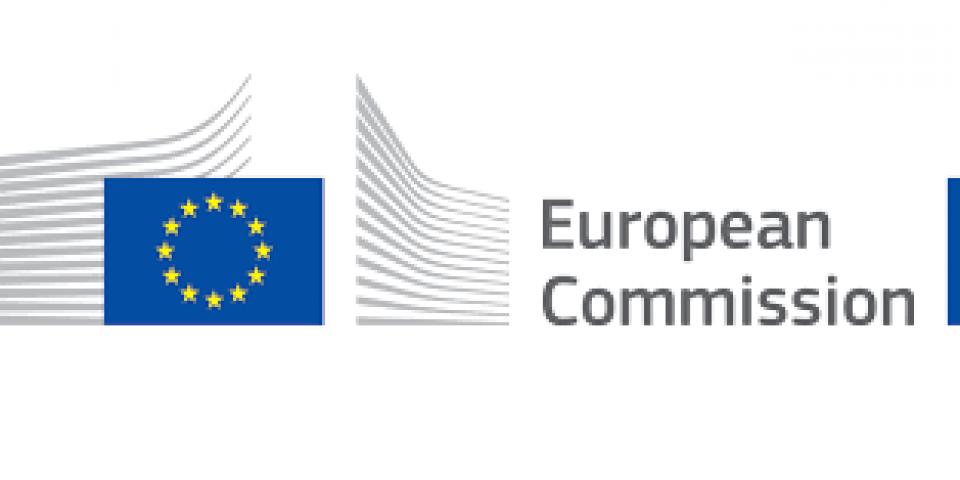Main News

A Recent Study Points out Importance of Standards for Research & Innovation
Standards have a fundamental value in supporting and mainstreaming research and innovation. Yet, this value is very often misunderstood or underrated, also by policy makers – with very serious consequences for the ability of innovation ecosystems to scale up. This issue is at the heart of a new study published by Alfred Radauer, Driving from the Fringe into Spotlight: the underrated role of standards and standardization in RTDI policy and evaluation.
The study, which was published in the November 2020 issue of the fteval Journal for Research and Technology Policy Evaluation, tackles this issue through a lot of practice-based analysis and provides a series of recommendations to improve the situation. In particular, the paper points out that, while attempts are being made to bridge the gap between the two world of standardization and research, it is also clear that more spotlight on the standards topic is needed to reap the potential benefits when innovating and supporting innovation. Based on this, Mr Radauer presents a series of recommendations, both for researchers and policy makers.

How to Attract Investors with Standards: The Success Story of Bitmovin
Standards help researchers bring their innovation to the market and give credibility over the development of an innovative technology, and start-ups and spin-offs to scale up their business. The CEN and CENELEC Innovation Plan aims at addressing venture capital investors by highlighting the benefit of standards. For venture capitalists that invest in risky innovative business, it is crucial to assess the scalability potential of the businesses they are funding. From their perspective, seeing innovative technologies that are developed with the support of standards can reduce the risk for the companies in which they invest.
Bitmovin is a successful example of a start-up that managed to scale-up thanks to standardization. The company was started as a spin-off from research at the University of Klagenfurt, in Austria. Bitmovin’s founders were involved very early in the standardization process of a new video technology and they co-created the MPEG-DASH standard, adopted as ISO/IEC 23009-1. Here you can watch the video success story of Bitmovin.

‘Designing Tomorrow’s World’: ETSI Unveils Strategy in Line with its Ambitious Vision
At the meeting of its General Assembly, ETSI has validated a new strategy, the result of an intensive development process over the last months. Titled ‘Designing tomorrow’s world’, the strategy has been shaped by ETSI’s diverse global community, drawing on the expertise and experience of more than 900 member organizations that include multinational and smaller companies, start-ups, research organizations and governmental institutions.
Representing ETSI’s values, mission and vision, Designing tomorrow’s world defines ETSI’s future direction as a world-leading Standards Developing Organization (SDO). The strategy builds on a recognition of the global importance of Information and Communication Technology (ICT) in sustainable development, together with the role of ICT standards to support the digital transformation of society.

Commission presents its plan for Green, Smart and Affordable Mobility
The European Commission presented its ‘Sustainable and Smart Mobility Strategy' together with an Action Plan of 82 initiatives that will guide its work for the next four years. This strategy lays the foundation for how the EU transport system can achieve its green and digital transformation and become more resilient to future crises. As outlined in the European Green Deal, the result will be a 90% cut in emissions by 2050, delivered by a smart, competitive, safe, accessible and affordable transport system.
Milestones for a smart and sustainable future: All transport modes need to become more sustainable, with green alternatives widely available and the right incentives put in place to drive the transition. Concrete milestones will keep the European transport system's journey towards a smart and sustainable future on track:
By 2030:
- at least 30 million zero-emission cars will be in operation on European roads
- 100 European cities will be climate neutral.
- high-speed rail traffic will double across Europe
- scheduled collective travel for journeys under 500 km should be carbon neutral
- automated mobility will be deployed at large scale
- zero-emission marine vessels will be market-ready






